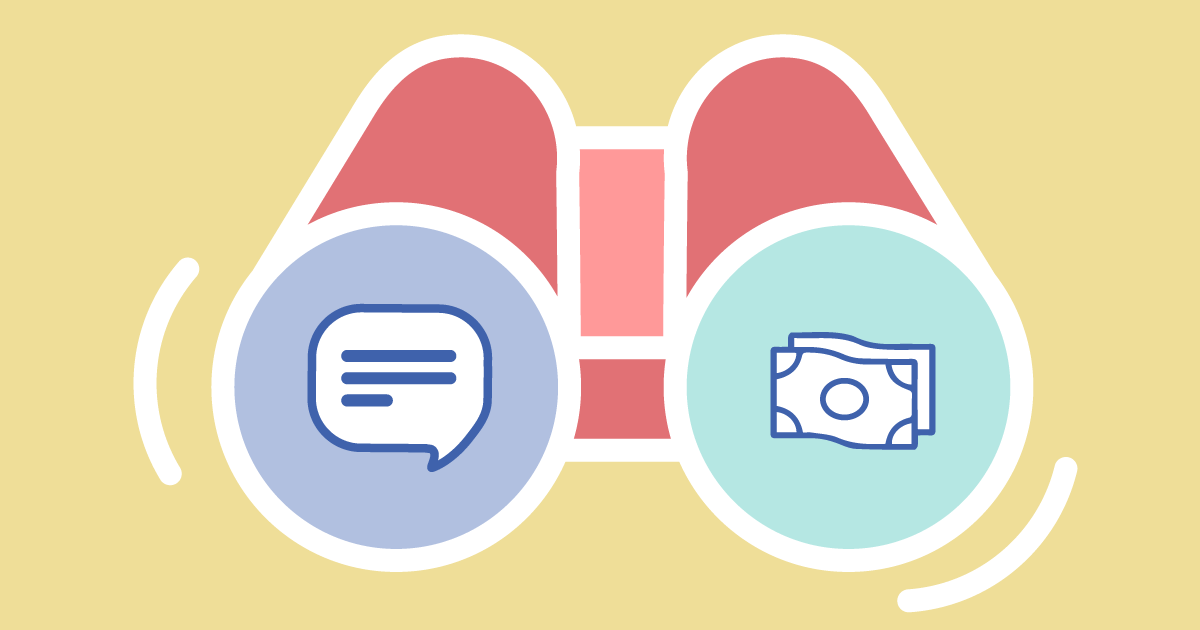Reviews Drive Visibility Drives Revenue

It is undeniable that online visibility of a hotel is directly proportional to its revenue. Needless to say that hotel reviews are in fact one of the major factors contributing to guests’ decisions to book a hotel. The review quality solidifies the credibility of the hotels’ marketing material, sealing the potential guest’s booking decision.
However, reviews do also directly contribute in other ways to a hotel’s visibility on most portals. Take for example TripAdvisor, and it is highly coveted CityRank (aka Popularity Rank or Pop-Index). Every hotelier in the industry knows that the higher their rank the more money there is in the bank at the end of the month. A continuously elusive target for hoteliers is to be among the top 20 ranked properties on the CityRank scale for their given city. Achieving this is almost a guarantee of at least 30% more revenue than when being outside the top 20 list.
TripAdvisor even provides a heuristic explanation how it’s CityRank is calculated: the more, better, and frequently a hotelier collects reviews in comparison to their peers in the same city, the higher they climb the CityRank.
At Customer Alliance, we take lots of pleasure in examining how much heuristics match (or deviate from) reality. We decided to examine TripAdvisor’s algorithm along with other contextual factors a bit closer, in order to learn and bring more actionable insights to our customers. Here is what we the data has taught us:
1. Reviews drive visibility, visibility drives revenue
On TripAdvisor, we observed hotels who enhanced their CityRank and analyzed the performance of their reviews. Diving deeper into this subject we found the first covenant confirming the aforementioned heuristic explanation:
Hotels who managed to enhance their TripAdvisor CityRank by 1.7x or more, have shown a growth in their average rating of over 2.5 Points out of 5 (every review is a score on a 5-point scale).
What does that mean in plain English?
This basically states that hotels who enhanced their guest experience and have had this enhancement reflected in the reviews they received on TripAdvisor, have in fact shown significant jumps in their TripAdvisor CityRank.
Obviously, this could seem to be quite trivial and in the realm of “goes without saying”, especially after encountering TripAdvisor’s explanation of their algorithm. However, this is not a statement to be taken lightly, because it confirms that the data and the “business-statement” and intuitive knowledge are consistent, which lends credibility to them both.
2. Actively solicited reviews have better scores than organic reviews
The data shows, that guests who were actively asked (by the hotelier) to submit reviews of their experience in the hotel consistently gave higher scores on average than guests who were left to their own devices; i.e. submitted reviews without any prompts from the hotel.
Common wisdom in the hotel industry suggests that, if guests were to be completely left alone and not asked to submit a review, generally 2 types of guests will actively commit such an act: the extremely dissatisfied guests and the very happy ones. However, as long as a hotel is open for business and did not foreclose, it usually maintains a decent segment of satisfied guests; albeit a silent segment with regards to reviews.
Once this silent mass is activated by soliciting honest reviews from them, it is consistently observed that they do in fact write reviews of higher scores (on average) compared to organically received reviews. The data confirms this analysis even further: average review scores are usually 0.5-1.5 more points out of 5 higher when solicited compared to their organic counterparts.
3. Automated review collection yields more and better reviews
36.7% more reviews (on average) are attainable via integrating the Online Reputation Management platform from Customer Alliance with other hotel software that handle guest data (Property Management System, CRM, Channel Manager, Internet Booking Engine, etc.).
While it is quite obvious that automating the review collection process yields more reviews, the data has also revealed that such automation also enhances the overall average rating received.
In plain English:
Hoteliers that have invested in integrating their Customer Alliance accounts with other software managing their guest data in order to automate the guest review collection process, have in fact received better reviews from their guests. The data shows that such diligent hoteliers were rewarded with an improvement in their ratings by 0.25 – 1 Points out of 5 on their TripAdvisor scores.
Finally…
We have used TripAdvisor in order to demonstrate our point as concrete as possible. From the data in addition to our years of collective experience empowering hoteliers to capitalize on their guest satisfaction to generate more revenue, we know that the same concepts apply on all other OTA portals (Booking, Google, Expedia, etc.).
In summary:
- Reviews drive visibility. Visibility drives revenue
- Actively solicited reviews have better scores than organic reviews
- Automated review collection yields more and BETTER reviews
Therefore, every time you question the investment you make in your reviews management efforts, come back to this article and you will be able to observe and justify your investment in your reviews as a direct catalyst to your bottom line.
If you would like to receive a free evaluation of the online reputation for your hotel, schedule an appointment with one of our reputation consultants today.

